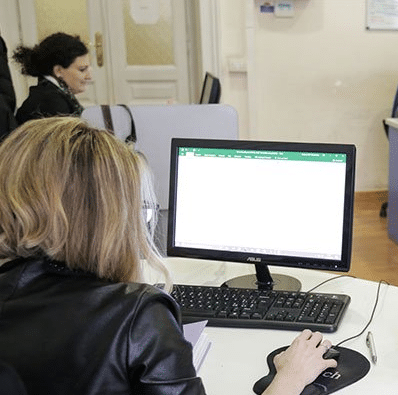On June 28 u,s. took place on Excellence Award for Scientific Information and for the Centrality of the Patient. The event was sponsored by FNOMCeO And Ministry of Health, with the unconditional contribution of Mercury And MediPragma.
All those who want to venture into this field must know that scientific information of this type can, if anything, only be of support to scientific information made by a scientific rep on the drug in person.
The first objective of pharmaceutical companies, and therefore of informants, is to transmit knowledge about a drug and to do so, it is necessary to be able to make oneself understood by the person to whom one wishes to transmit this knowledge. Only a person in the flesh can provide adequate scientific information to the interlocutor in front of him.
All experts know that language, i.e. verbal content, represents only the 7% of communication, the 38% is communicated by the quality of the voice (tone, volume, timbre, rhythm) and the 55% passes through the so-called body language (posture, movements, gestures, facial expressions, breathing, etc.). Furthermore, the emotional impact of a face-to-face confrontation will affect the effectiveness of the information.
In "cyberspace" it is not possible to interact with one's interlocutor by capturing the emotional experiences expressed through facial expressions or body movements. Compared to face-to-face communication, communicating online will also be faster and more concise but in order not to get lost in the "magnum sea" of the continuous bombardment of boring communications, unbearable advertising, annoying call centres, it will force the "communicator" to pounding insistence or to exasperate your own message to be able to be visible, perhaps with "special effects". Maybe it will be good on TV for the commercials on detergents, it will be good for the marketing of yoghurts, but something else is needed for medicines, and not just because the lodges say so!
Furthermore, in recent years things have been changing a bit and the competitive value of intangible assets such as human and intellectual capital is being recognized, i.e. that set of knowledge, skills, experiences as well as that set of relational resources, those social networks, those interpersonal, informal and formal knowledge, which represent a further asset on which the company organization can count to enrich its exchanges with the environment and the community in which it operates.
Investments in online "information" can quickly become obsolete or at best remain complementary. Managers who know how to anticipate and implement the appropriate investments and development actions can represent a successful competitive strategy. In fact, expanding the knowledge and skills of one's collaborators and enriching their social networks over time increases the "response promptness" of the company organization in carrying out important changes in the type of goods and services to be produced.
No anonymous internet or telephone connection can do these things. Once again the world is changing!
E poi il medico oggetto della telefonata come fa a sapere se l’informatore remoto ha il profilo descritto dal D.Lgs. 219/06? O come fa a ricevere il RCP come prescrive la legge? O ancora, come può verificare se ciò che vede sul monitor o ciò che gli viene detto per telefono sono informazioni depositate e autorizzate da AIFA, come vuole la legge?
In conclusion, scientific information on drugs is the only legal way that companies have to make their drugs known to the medical profession and, if they still have drugs to make known, they certainly cannot squander their money on useless things such as online or telephone information.
Editorial 03/07/2017
Related news: The remote informant
Because scientific information will never become obsolete
Because the traditional role of the ISF will soon become obsolete
EDITORIAL. Because the traditional role of the ISF will soon become obsolete
